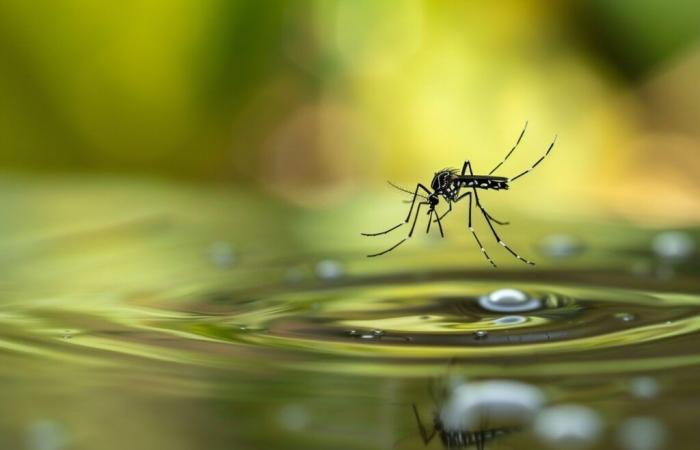Researchers have discovered a revolutionary new method for treating malaria: a new treatment that would be delivered by the bite of a mosquito!
Tl;dr
- Malaria is a deadly disease transmitted by infected female Anopheles mosquitoes.
- Half of the world’s population was at risk of malaria in 2022.
- A new vaccine strategy against malaria has recently been developed.
Understanding malaria: a deadly and preventable disease
Malaria is a disease potentially fatal caused by parasites that are transmitted to humans through the bites of female mosquitoes Anopheles infected. This disease, although serious, is preventable and curable.
According to the World Health Organization, nearly half of the world’s population was at risk of malaria in 2022. Although sub-Saharan Africa bears a disproportionate share of the global malaria burden, regions of South Asia- Eastern, Western Pacific and Americas are also reporting significant numbers of cases and deaths.
Malaria transmission and symptoms
Malaria is spread mainly through the bites of certain female mosquitoes. Anopheles infected, but can also be transmitted by blood transfusion and contaminated needles. Early symptoms may be mild, similar to many febrile illnesses, and difficult to recognize as malaria. Untreated, malaria Plasmodium falciparum can progress to serious illness and death within 24 hours.
Do you like our content?
Receive our latest publications every day for free and directly in your inbox
Symptoms of malaria can be mild or life-threatening. Mild symptoms include fever, chills and headache. Serious symptoms include fatigue, confusion, seizures and difficulty breathing.
Malaria prevention and treatment
Malaria can be prevented by avoiding mosquito bites and using medication. Treatments can prevent mild cases from getting worse.
Recently, scientists developed a new vaccine strategy against malaria, which involves boosting immunity through bites from mosquitoes carrying a genetically modified version of the parasite that causes malaria. This approach reduced participants’ susceptibility to malaria, potentially paving the way for more effective ways to stop the disease.
Malaria vaccines: a significant step forward
The researchers now look forward to replicating their results in a larger-scale trial. This development represents a significant advance in the development of vaccines against malaria.
Senegal






